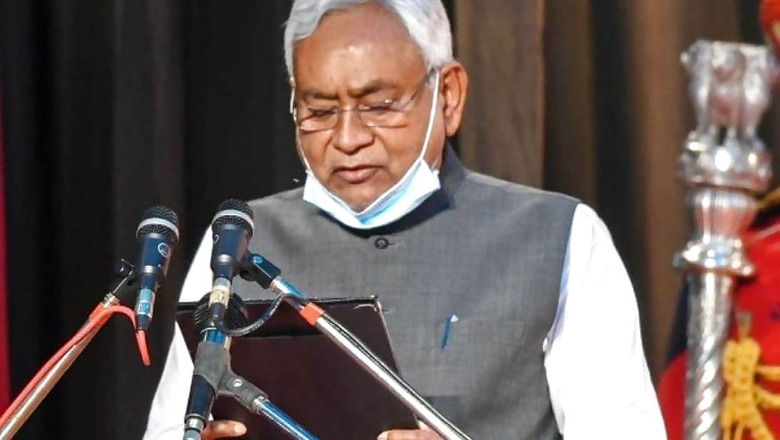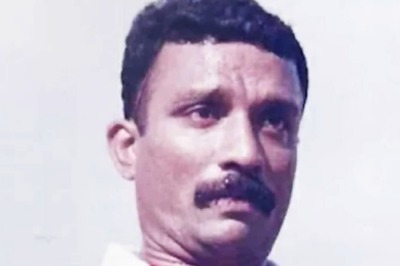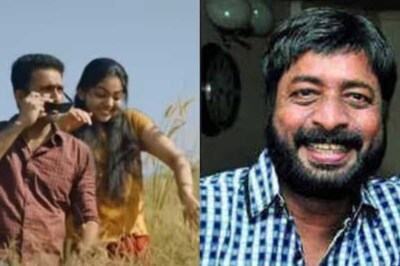
views
My trigger for writing this blog is to highlight why governments are increasingly becoming so sensitive when it comes to facing criticism. In an era where media has an overwhelming presence in all walks of life, everything is being recorded, thoroughly scanned and being talked about, how can people in public life escape?
In a democratic society, the constitution guarantees us the right to free speech, enabling media to express its views on governance (or misgovernance), read and report about issues of public policy, health and widespread corruption across all spectrum of life.
Recently, a circular by Bihar police attracted widespread criticism because it forewarned people to keep off from criticising public servants and ministers.
The office of IGP, Economic Offence Wing, which handles the cases related to cyber-crime, said that any offensive comment against government officials and the government will invite suitable action.
Issues related to the public interest are being increasingly raised by individuals and organisations alike to pressurise officials to act. There is nothing wrong in highlighting the inefficacy prevailing in the system but to bulldoze criticism tantamount to intolerance.
Offensive posts against politicians, bureaucrats or anyone is, of course, unpardonable, inexcusable but in the fitness of things, an intimidating critic would be a wayward step.
Media and opposition compared this circular with press bill of Bihar framed during the erstwhile Jagannath Mishra government on July 31, 1982.
The Press Bill of Bihar had evoked sharp criticism and the government had to withdraw it in the face of fierce mass opposition. Not just the media, the trade unions, opposition leaders, lawyers and students also unitedly opposed the draconian press Bill.
It is widely believed that the then chief minister had brought in this Bill to placate late Prime Minister Indira Gandhi, under whose rule Emergency was imposed in 1975.
Bihar is a state where people talk and discuss public issues day in and day out at every tea shop, in every nook and corner. The very idea of discourse has been part of Bihari culture since long, where they discuss issues ranging from Iran, Iraq, former US President Donald Trump and RJD chief Lalu Prasad Yadav.
Bihar always encouraged graceful criticism since ages. It is believed that first Vedic discourse had taken place between Mandan Mishra and Shankaracharya as early as 7th century in Bihar. Shankaracharya and Mandan Mishra were the proponents of Adwait Vedant and Karmavad, respectively. Unfortunately, this act of Bihar is rather little studied in the academic circle.
‘Nindak Niyare Raakhiye, Aangan Kuti Chhavaay, Bin Paani, Saabun Bina, Nirmal Kare Subhaay’
This poem by Saint Kabir could be loosely translated as, ‘Those who criticise you, keep them as close as possible because they point out your mistakes and make you a better person.’
Nitish Kumar has been one of the products of the Movement, when Nitish himself was jailed with his socialist friends opposing Indira Gandhi’s regime tooth and nail. It’s no coincidence that this order has come when Nitish Kumar is faced with fierce criticism from his arch-rival Tejashwi Yadav and the media.
Nitish Kumar is a soft-spoken politician but of late he is being seen on public forums getting indulged in heated arguments with the media. Many would agree that Nitish is one chief minister who has been at least taking questions from media and responding to them at a time when many CMs are giving interviews to only selective outlets. This is how one looks at this, which is, otherwise, a wider issue for debate. RJD leader Tejashwi said that in a state which is considered to be the birth place of democracy, how could the government think of muzzling people’s voices?
Perhaps a trigger for this order could have come after a local leader posted objectionable posts on social media following the murder of a top executive from Indigo airlines.
Similar actions were recently initiated in Maharashtra against a woman after she published a post against Chief Minister Uddhav Thackery and his son Aditya Thackeray. Coming to the defence of the women, Bombay High Court said that people in public office must be ready to face criticism, otherwise what is the point of living a democratic country. Following the “death” of Sushant Singh Rajput, flurry of such cases were filed against the people who had criticised the police and the government. Media needs to criticise the public servants but, at the same time, it needs to have empathy for the public so that system can be corrected.
Read all the Latest News, Breaking News and Coronavirus News here




















Comments
0 comment